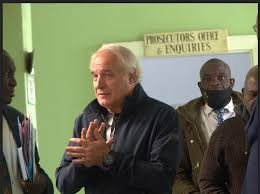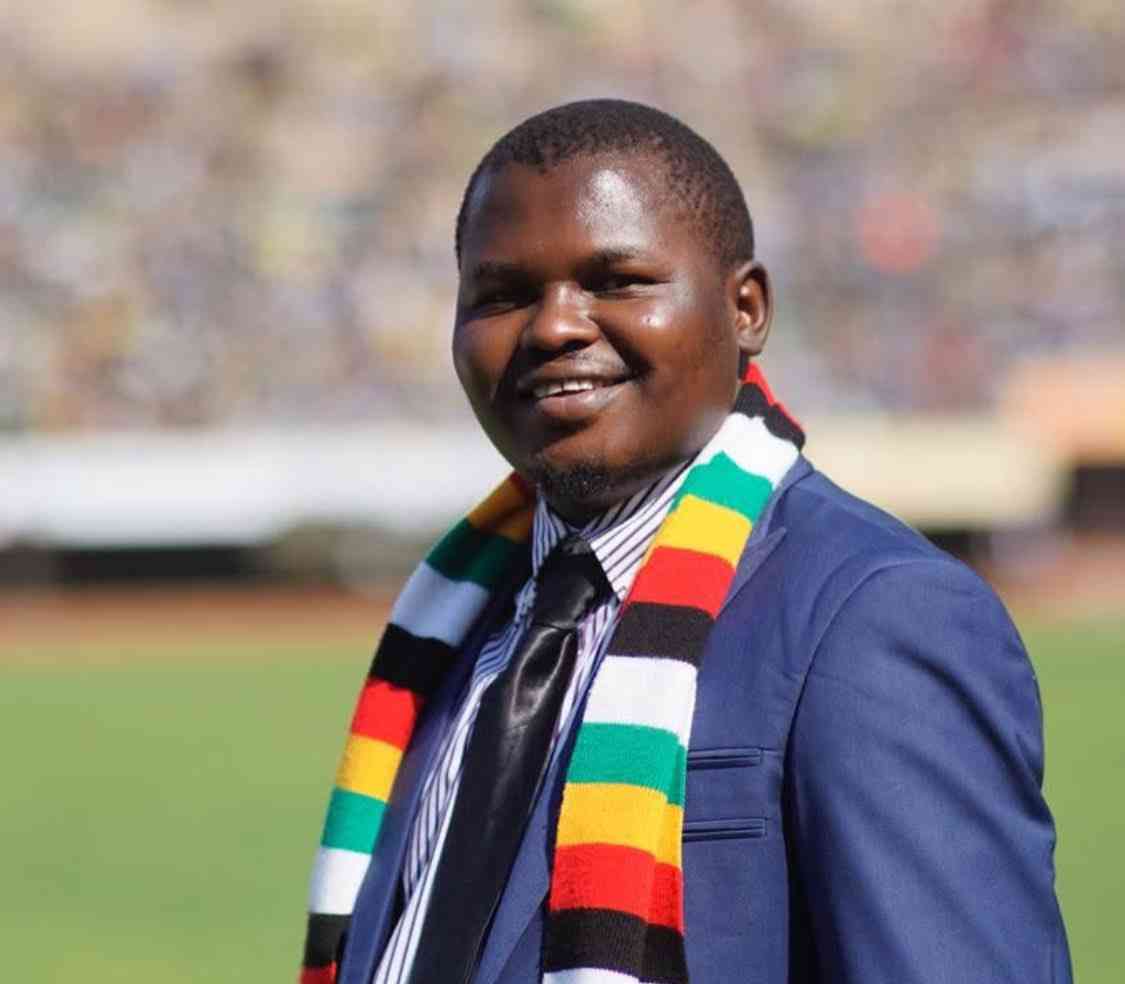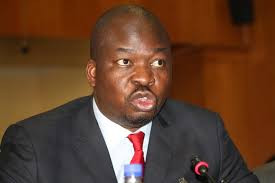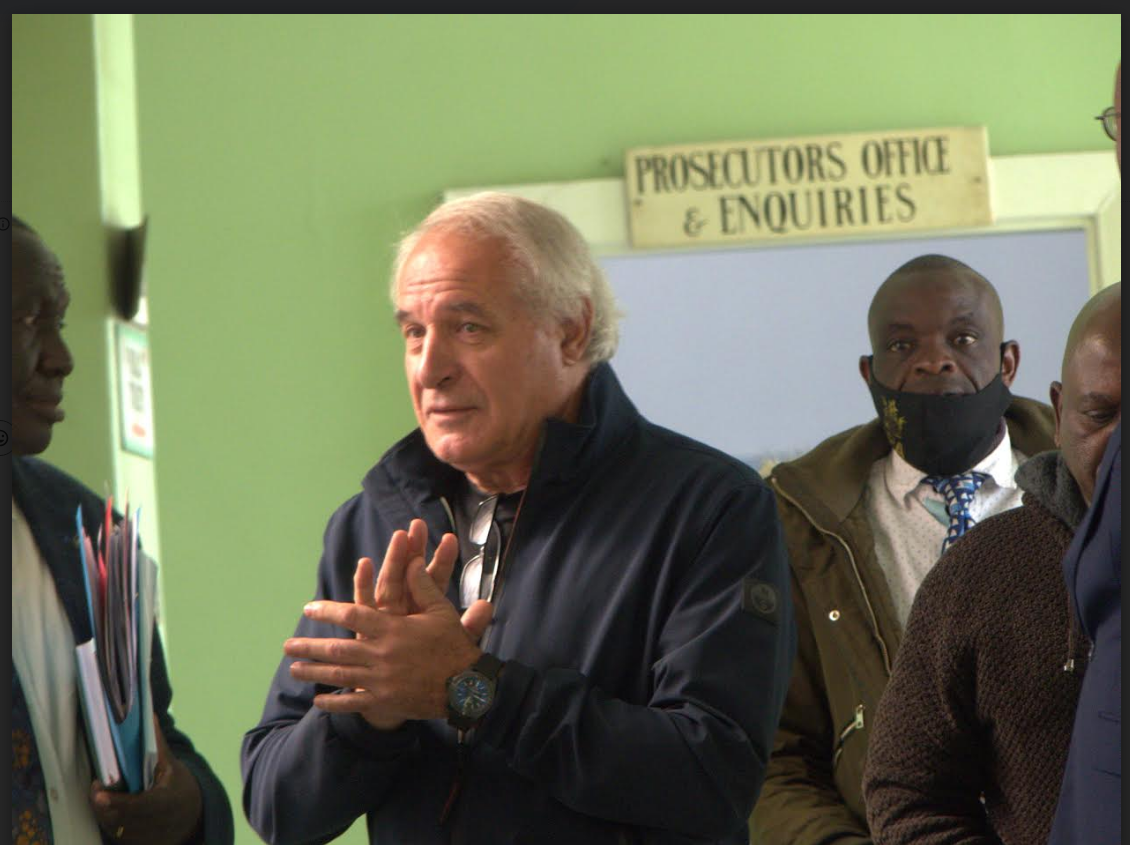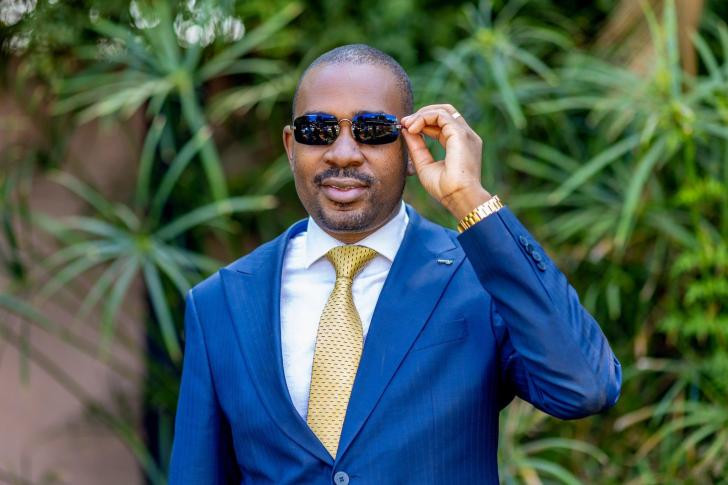
Former Citizens Coalition for Change (CCC) leader Nelson Chamisa’s leadership style has once again come under scrutiny after he abandoned his party a fortnight ago in a huff.
Chamisa says he was forced to abandon the CCC after self-proclaimed secretary general Sengezo Tshabango emerged and snatched the opposition party from him.
Tshabangu rendered Chamisa powerless after he emerged from nowhere late last year calling the shots as the self appointed interim secretary general.
He recalled over a dozen CCC Members of Parliament, senators and councillors with Chamisa powerless to stop him in his tracks.
Chamisa formed the CCC in January 2022 after losing control of the MDC name and its symbols to his nemesis Douglas Mwonzora.
This was the second time that Chamisa was forced to tap out because of intense infighting in the opposition circles.
Chamisa was then accused by his MDC rivals of staging a coup to wrest control of the party from the late party leader, Morgan Tsvangirai, when he was on his deathbed.
He was then elected unopposed at the MDC’s 2019 congress.
- Young vocalist making southern Africa dance
- Chamisa party defiant after ban
- NoViolet Bulawayo’s new novel is an instant Zimbabwean classic
- Village Rhapsody: How Zimbabwe can improve governance
Keep Reading
At the time, the MDC was plagued by infighting after Tsvangirai’s death and battered by another disputed election defeat.
Chamisa was speeded into the MDC presidency after Tsvangirai appointed him and Elias Mudzuri as party co-vice presidents before dying of colon cancer in February 2018.
Chamisa rose to the party's helm, becoming its champion in the first presidential elections since the authoritarian Robert Mugabe was ousted.
He lost the 2018 ballot to incumbent Emmerson Mnangagwa of the ruling Zanu PF, an outcome that he says was rigged.
Chamisa contested the 2018 elections under the MDC Alliance banner.
The MDC Alliance was formed by several political parties in Zimbabwe before Mwonzora wrestled the party name from Chamisa.
However, Chamisa was later to lose the bitter fight for the MDC, MDC Alliance and its names and symbols to Mwonzora.
As the battle became increasingly vicious, he was evicted from the party's headquarters, and lost a court battle where his claim to the leadership of the party was challenged.
Chamisa abandoned the MDC Alliance and formed the CCC in response.
Late last month, Chamisa was forced to abandon the CCC after losing control of the party to Tshabangu, with analysts saying the developments exposed a basket of weakness in the opposition leader, especially his leadership style.
Critics and his former allies say Chamisa has shielded himself from scrutiny by hiding behind Bible verses where he always insists that ‘God is In It.’
Political analyst Gideon Chitanga said Chamisa has thrown the opposition into a state of paralysis with his leadership style where he has wanted to shield himself from accountability after he collapsed party structures when he formed the CCC,
“There is a total lack of leadership. We can also call it the collapse of leadership,” Chitanga said.
“I think that supporters at this moment should be disgruntled over the lack of direction.”
Chamisa told VOA on Friday that he was waiting for God’s signal before announcing his next move.
However, indications are that he was on the verge of forming a new party and ditching CCC’s yellow colours.
Last week, Chamisa's fiercest supporters grabbed the CCC’s Bulawayo offices and painted them blue and mounted his portrait at the gate.
CCC former deputy spokesperson Gift Ostallos Siziba first hinted that Chamisa was forming a new party with blue as its colour last month.
Chitanga said Chamisa was confusing his supporters with his ambiguity.
“The role of the opposition is going to be undermined for a long time,” Chitanga said.
“People will lose confidence in opposition politics and opposition leaders because of his leadership style.
“I think it is very clear that Chamisa has tried to form a personalistic leadership and clearly this is a form of authoritarian leadership that is centred on his personality.”
Chitanga said Chamisa's brand of politics has failed and there was a need to change tact.
“I think what this calls for is an institutionalist understanding of the dynamics of political parties with norms and values and rule and collective leadership,” he said.
“A democratic opposition leadership is what is needed.
“That a leader could wake up and say I am tired and leaving my movement is tragic and irresponsible.”
Chamisa announced his departure from the CC C via social media, catching his followers unawares.
“Even with Tsvangirai’s weakness, there was extensive wide consultations even at the most crisis moments in the party,” Chitanga argued.
“Tsvangirai would at least consult the key organs of the party...I think Chamisa should have consulted with a group of leaders who would have seemed to be legitimate.”
Another political analyst Maxwell Saungweme said Chamisa has invited strong questions and contradictions about him trying to run a democratic movement using authoritarian leadership styles
“Opposition movements that succeed are those with structures, clear segregation of duties among leaders, a line between secretariat and political leadership, structures on the ground, and membership register, among other things,” Saungweme said.
Chamisa disbanded structures after forming the CCC arguing that strategic ambiguity was key to fighting infiltration by Zanu PF and State proxies.
All party leaders, who were elected at the 2019 congress became ordinary members after Chamisa disbanded structures.
“Trying to run an organisation without this is a futile leadership experiment that betrays the insecurities and leadership lack of a popular politician,” Saungweme said.
“It's one thing to have political capital and command a huge following and another to lead sustainably and democratically.”
Harare-based political nalyst Vivid Gweshe said it was concerning that Chamisa was mulling forming a new party under almost similar circumstances.
“When problems recur in this way, it may be enticing to point fingers, but it is also wiser to look at what is causing the problem and there is no doubt that Chamisa will reflect,” Gweshe said.
“Unfortunately, certain leaders have been seen participating in these problems over and over.
“I think that is also something that should be accounted for and such leaders should equally reflect.”
Porminent political analyst McDonald Lewanika, however, said Chamisa had no option but to become ambiguous to fight the mighty state machinery.
“In these situations there is very little that anybody could have done to save these parties in the face of a determined state and perhaps the best thing is what he has done now — to fake a step back, reflect and reorganise,” Lewanika said.
Lewanika, however, said this was not to say that Chamisa is not at fault or his leadership is flawless.
“No, but we cannot conflate personal and human deficiencies with the effects of calculated state action to arrest dissent and ensure that they have a compliant opposition,” he argued.
Lewanika said Chamisa as the face of the opposition should ‘model the kind of world they say they are fighting for.’
“Democrats are seen through democratic practice,” he said.
“Democratic societies are not abstract notions; they are built from practice.
“While the threats of infiltration from the state were evident, I think that Chamisa’s approach could have been more inclusive, transparent and democratic.”
Lewanika said Chamisa’s ambiguity strategy failed.
“The need to protect the movement from infiltration using closed circles failed and I hope that the lesson is that we cannot build open societies using closed means,” he said.
“I hope that the opposition learns that there is no substitute for democratic practice and that at the end of the day what saves them is the integrity of their processes.
“But these are lessons not just for NC, but for the opposition at large”
Opposition ZimFirst leader, Maxwell Shumba, echoed Lewanika’s sentiments saying navigating Zimbabwe's challenging political landscape is not easy, hence Chamisa's resilience against state interference showcased a strategic adaptation.
“The continuous popularity of Chamisa as the foremost opposition leader stands as a testament to his success amid Zanu PF's attempts to destabilise a fate that befell past opposition figures,” Shumba said.
“Manoeuvring through a state-intelligence infiltrated terrain demands strategic discretion.
“So it’s no surprise that not many were aware of his latest move.
“What is important is the public endorsement of this move.”
Chamisa has remained coy on his next move.
“Chamisa's fortitude emanates from his unwavering integrity and steadfast character, qualities that shine brightly in a political milieu frequently marred by crises and orchestrated chaos by a clandestine regime,” Shumba said.

